Easter has passed and we are officially into springtime, the season of renewal. There is no greater renewal story than today’s guest Susan Shaw. Susie and her husband lost their nine year old son William in an accident. In the years that followed they have taken that pain and turned into purpose for other grieving families.
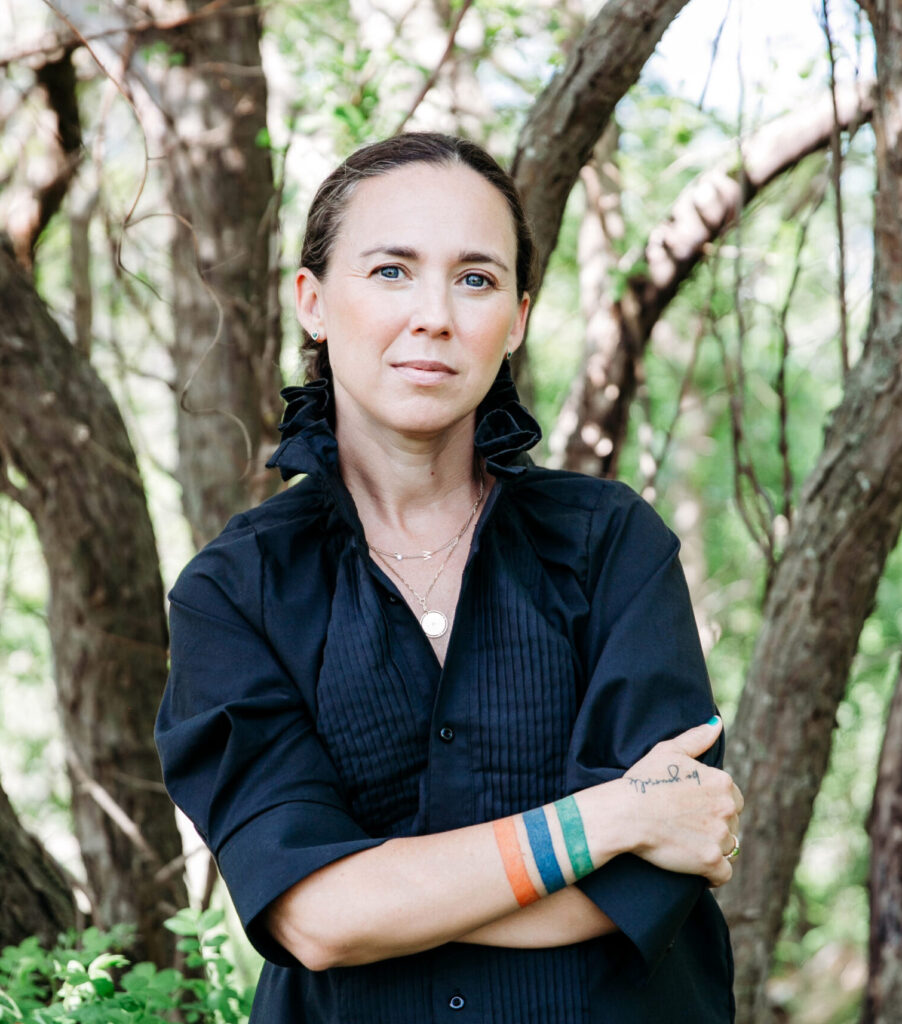
Join us today for a powerful conversation about love, loss and renewal. Susie’s journey is one of inspiration and hope that there is always love.
Here are a few highlights from our conversation:
Charity Matters: Tell us a little about what WBYC does?
Susie Shaw: At WBYC, we empower individuals to embrace their authentic selves with courage and joy. We are dedicated to fostering meaningful connections within our community and supporting grieving families by providing the tools they need to honor their loved ones and navigate their journeys of healing. Together, we create spaces where love, remembrance, and personal growth flourish.
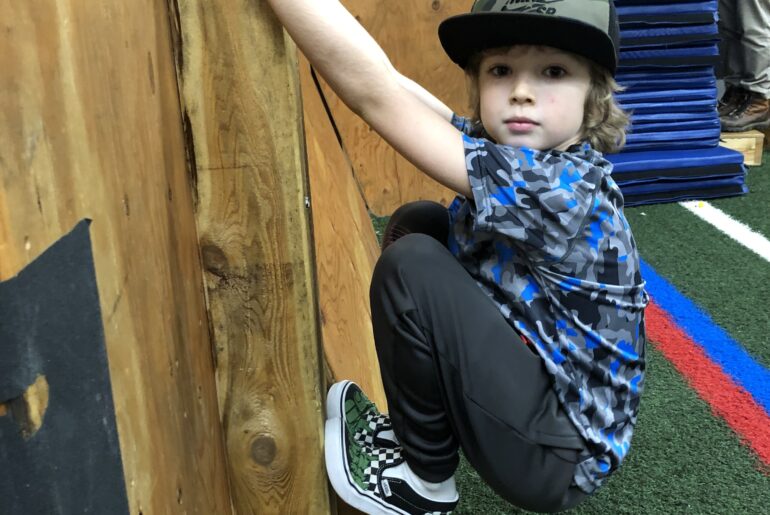
Charity Matters: What was the moment you knew you needed to act and start WBYC?
Susie Shaw: We started the organization shortly after my son William died. He died in 2019, when we were on a family ski trip out in Montana. William was nine. There was an accident and, as you can imagine, it was one of the most painful and excruciating events that I’ve ever experienced. The beauty that came from my community after he died, was incredible. I live in a very small town, where everybody knows everybody.
When William died, he was in third grade and the whole town suffered with us. As time went on, we started to notice and hear that some of William’s friends and parents were still struggling in their grief. A year after William had died, my husband and my surviving son, Kai, were getting support. We were going to the grief groups because there are services for people like us there. There aren’t any services for best friends.
If you’re the friend of a little boy who dies, there’s no support group for that right? I was so close with all of these families that I just hated what I was seeing for them. So a group of moms got together with my permission, and they decided to put on our very first event playing a game William loved. When we saw the excitement and the beauty and the love that all these kids felt for each other while honoring William and they had that agency over their feelings. Williams Be Yourself Challenge spawned out of that inaugural event. We went on to host an educational lecture and brought in a therapist to talk about grieving for the community.
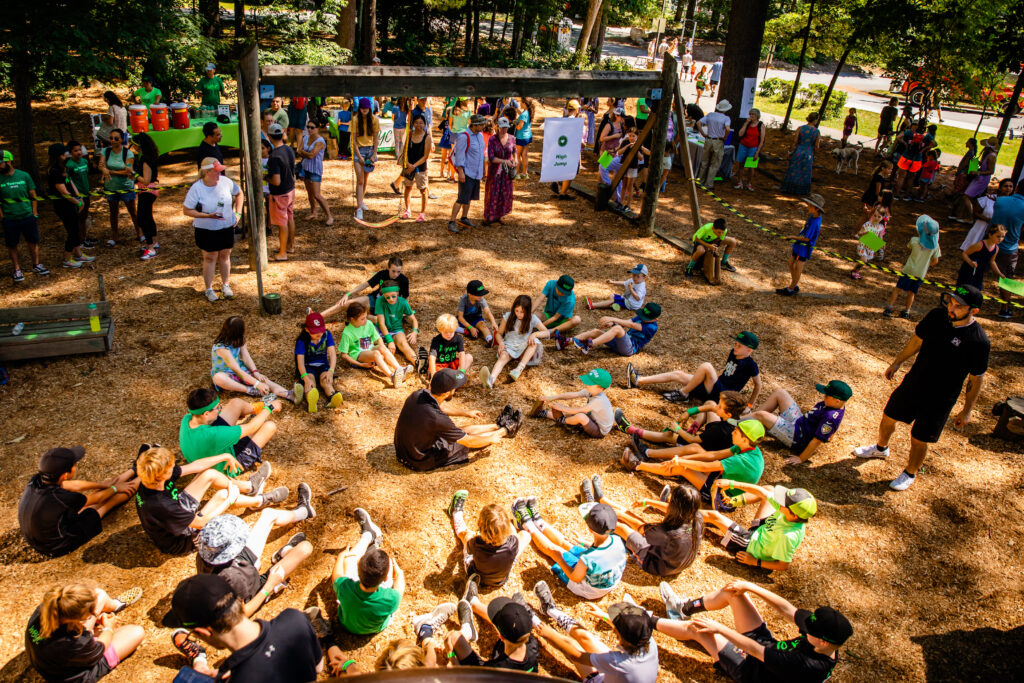
I also realized how privileged my family has been in our grief journey and the support that we have received through therapy and our beautiful community. My husband got to take six months off of work. That is not the norm. We had this unbelievable privilege of him taking those six months and we got to travel as a new family of three to figure out. We were able to create some new memories. All this stuff that happened in the early months after William died was percolating in me. A while after, I thought,” I wish other families could have this. I wish other families could go away, because sometimes home is hard. The bedroom is there, the toys are there.” There’s all these reminders.
We’re currently raising money to be able to buy a single family home for families who have suffered the loss of either a child or a parent. We want to be able to give 52 families per year a free week-long vacation. I realized that getting away was so incredibly important for our family. Now all I want to do is allow other families to have just a week. Isn’t long enough, but it’s something.
Charity Matters: What are your biggest challenges?
Susie Shaw: I am an entrepreneur. And that was something I had never done before. This isn’t me. My first job out of college, I was in the nonprofit space. I worked for the United Cerebral Palsy of Chicago. I was their events planner, and it was an amazing job. Then I worked at the Museum of Modern Art in New York in their development office and at the LA County Museum of Art. So, I had this past of service and understanding of the world of philanthropy and giving.
Some of my challenges have been being the starter. Before, when I was in nonprofit, I was the worker. Now I’m telling people what to do. I’m walking that line of not trying not to control too much, but needing help finding the right help. Now we need expertise in real estate and in planned giving.
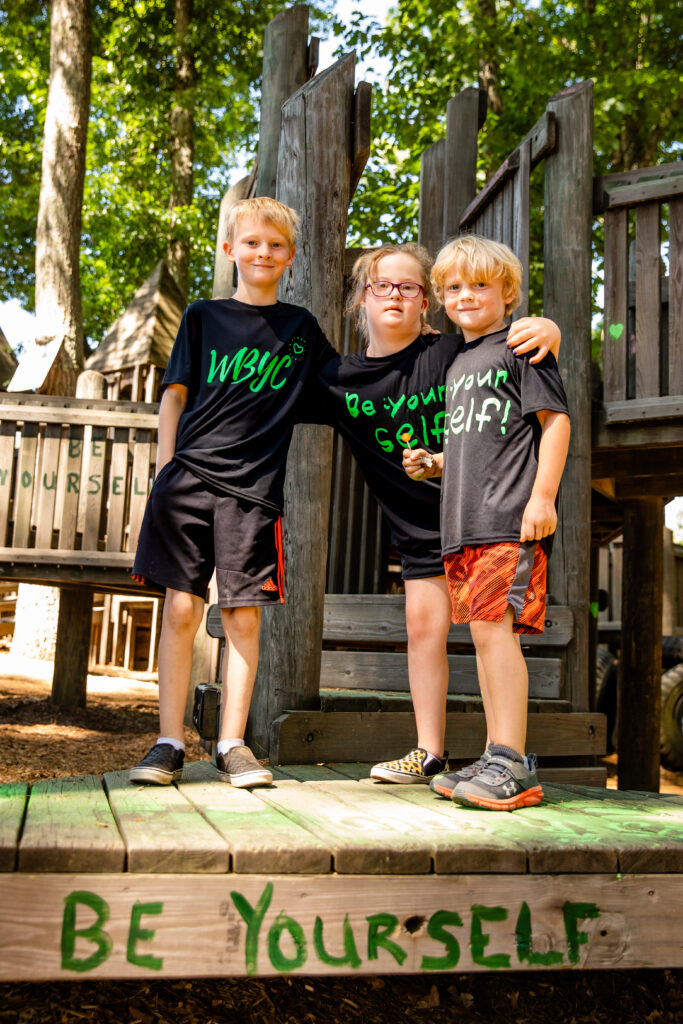
Charity Matters: What fuels you to keep doing this work?
Susie Shaw: I just think about the families that I want to serve because I know what it feels like to need that support, you know. I’ve walked their path. And I certainly don’t want to insinuate that I know what every grieving family feels like, because every grieving family has their own unique story. However, I do think that some of the things we want to do for these families are universal. You want to be cared for. You want to be seen in your grief. You want to be witnessed in your grief, and know that somebody is looking out for you who understands.
And so that’s what I think about when, when I get off a call with a potential donor who just doesn’t get it or isn’t interested in the project.. It happens. You’re not going to relate to everybody. Then I go back to the families because I’ve been there and I know how painful it is.
I just want to be able to give other families that same little bit of hope to know that they’re going to be able to survive. I was so afraid that my family would disintegrate after William died. Instead, we had a ton of support, a ton of guidance and we’re doing wonderfully. We brought a new child into our life. We have a four year old, Cody and he is just the best thing that we could have done for our family.
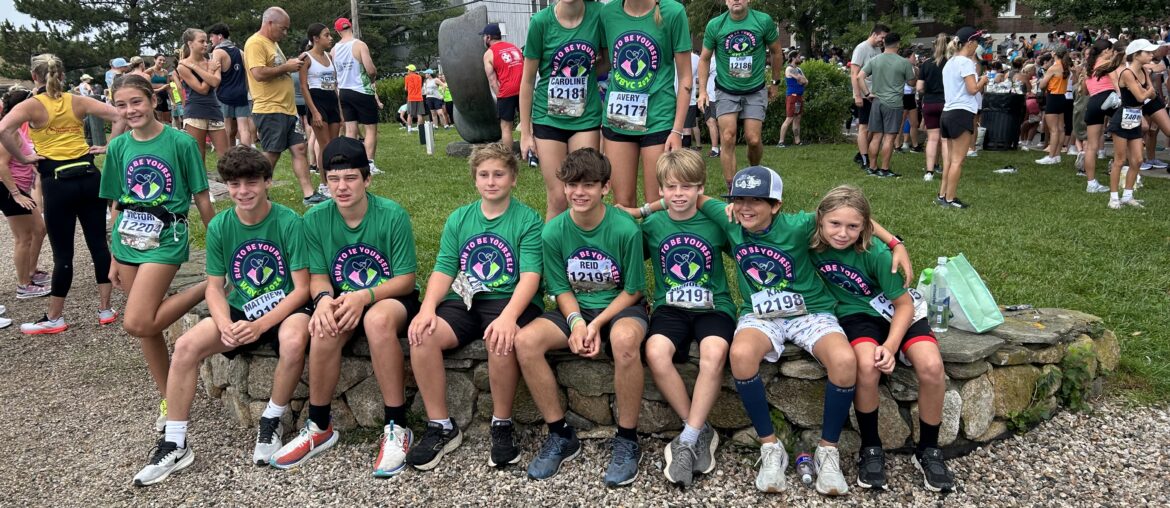
Charity Matters: Tell us what success you have had and what your impact has been?
Susie Shaw: it’s hard to quantify, because what we’re trying to do is such an emotional experience. We don’t have a program where we’re hiring therapists to execute with immeasurable results. However, I do think about success in getting feedback from a family who spends a week at our house and telling me that it was transformative, that it was healing and that it was important. I also think about those families than telling their friends about it, and maybe those friends then donate to us. That, to me, is a measure of success. Or those guests that come to our house and tell their grief support groups about their experience and create a referral system. That’s a measure of success. The fact that people are recognizing that this is a needed service within the grief space is success as well.
Charity Matters: If you could dream any dream for your organization, what would that be?
Susie Shaw: if we had a network of grief retreat homes for families. That would be beyond my wildest dream. Then we could serve double and triple and quadruple the amount of families. With one house, we can serve 52 families a year, if we were to have people there all year.
Judy’s house is a grief support group out of Denver and they partner with New York Life Foundation. Both are responsible for sort of quantifying data around bereaved families. Their newest report has just come out. They have found that one in 11 children will suffer the loss of a sibling or a parent before they turn 18. Wow. That is so many families! 52 families to me, sounds like an amazing feat, but that’s barely scratching the surface of how many families need grief support. If we can have more, let’s have more!
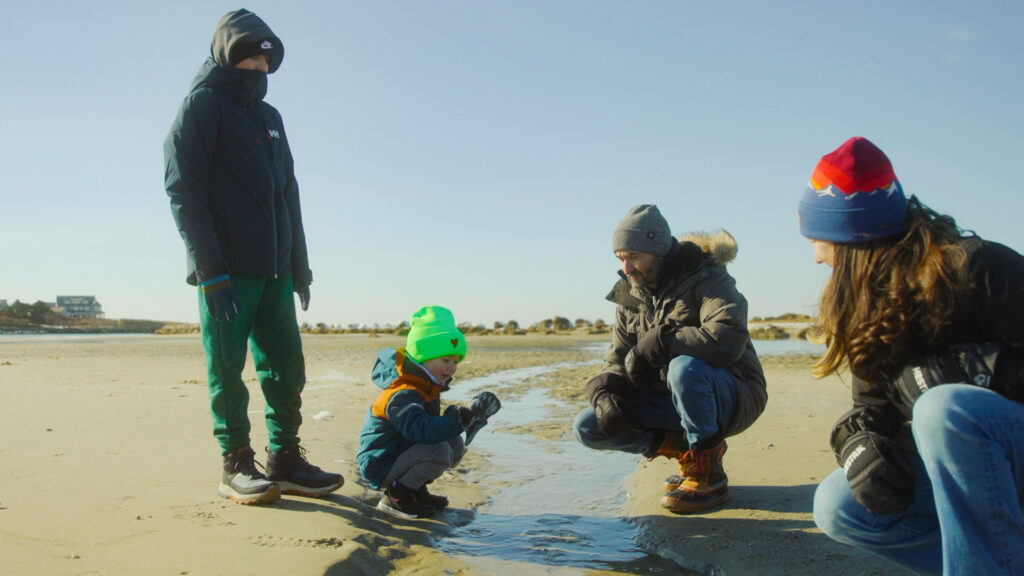
Charity Matters: What life lessons have you learned from this experience?
Susie Shaw: I’m grateful for every moment. There’s no rush in any of this. Let’s just be really intentional about what we decide to do today or this week or this month, and that’s really helped me slow down in everything. I just feel like I’m a better human being.
Charity Matters: How has this journey changed you?
Susie Shaw: When William died, my entire life changed 100%. I am a mother and I have two living children as well. I identify as a bereaved mother. Sometimes first, because it has changed me so much more than even becoming a mother. Losing a child has changed me more than giving birth to three children.
I think I’m a better person. I really do. And I talk a lot with other bereaved moms. There’s a similar sentiment among many of us. I mean, we were just cracked open. Everything just came pouring out….The good, the bad, all of it and I guess I just feel like I’ve grown so much in my empathy and for all types of people. Especially with my little four year old, I am so much more patient because I view motherhood in a new way…… that we all just need to slow down.
CHARITY MATTERS.
YOUR REFERRAL IS THE GREATEST COMPLIMENT, IF YOU ARE SO MOVED OR INSPIRED, WE WOULD LOVE YOU TO SHARE AND INSPIRE ANOTHER. If you enjoyed today’s episode, please connect with us:
- www.Charity-Matters.com
- On IG @Charitymatters
- Post a screenshot & key takeaway on your IG story and tag me @heidijohnsonoffical and @Charitymatters so we can repost you.
- Leave a positive review on Apple Podcasts
- Subscribe to new episodes each week!
Copyright © 2025 Charity Matters. This article may not be reproduced without explicit written permission; if you are not reading this in your newsreader, the site you are viewing is illegally infringing our copyright. We would be grateful if you contact us.

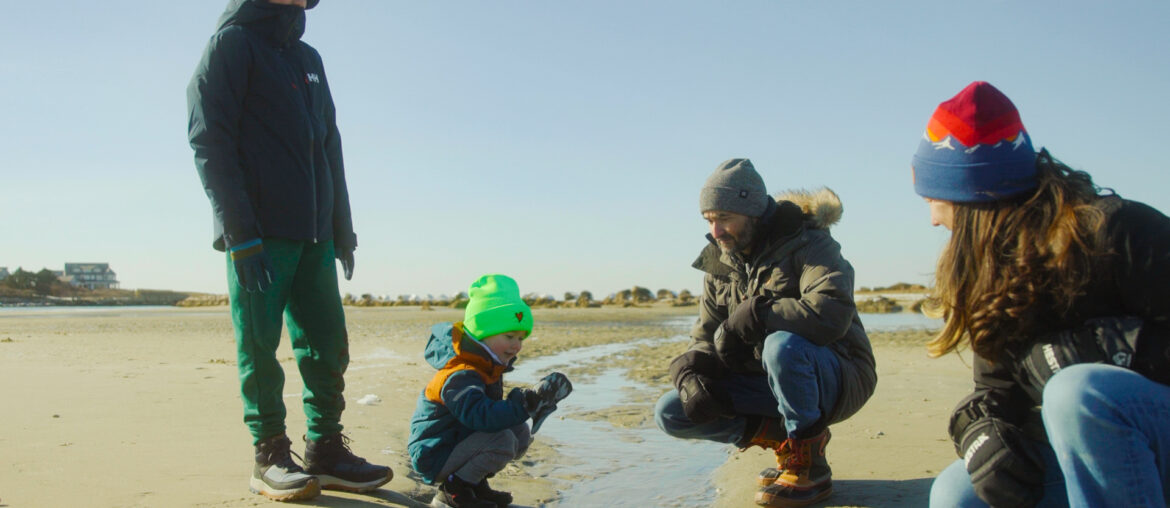


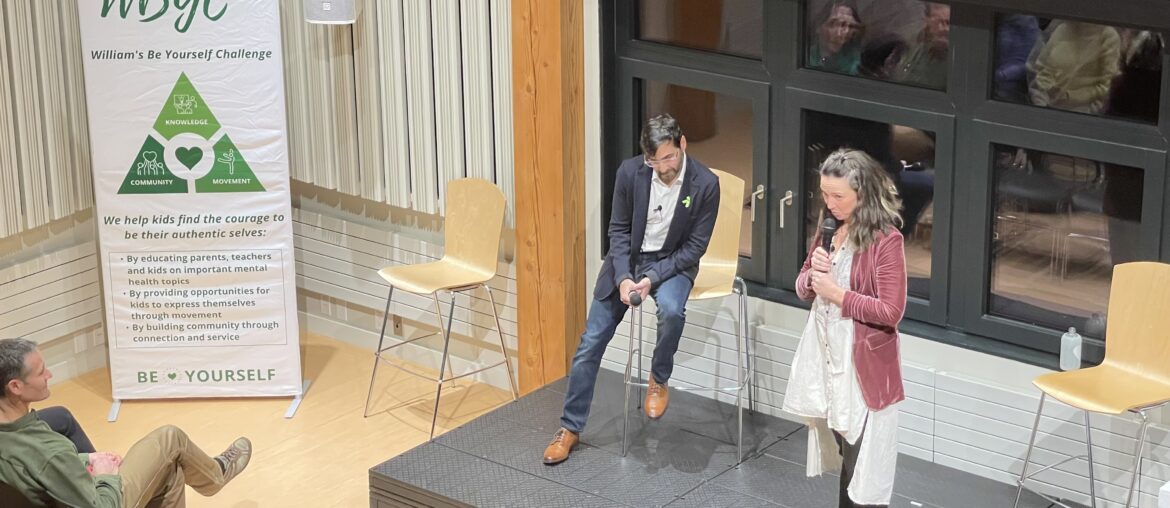
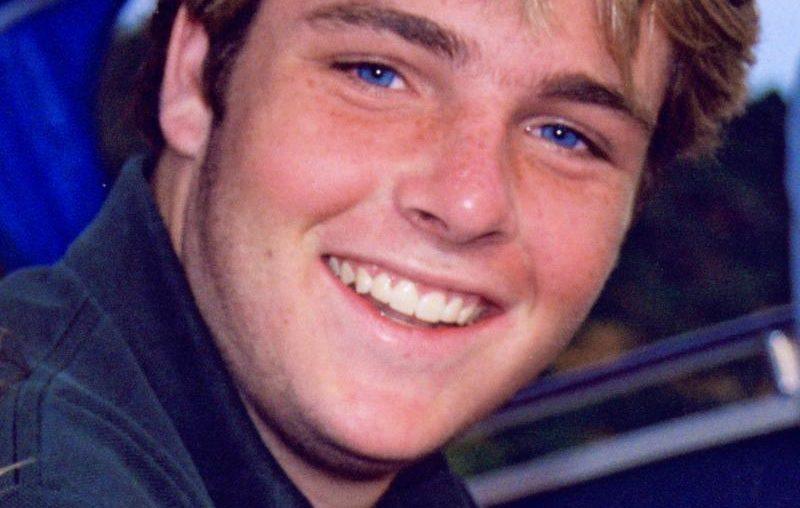

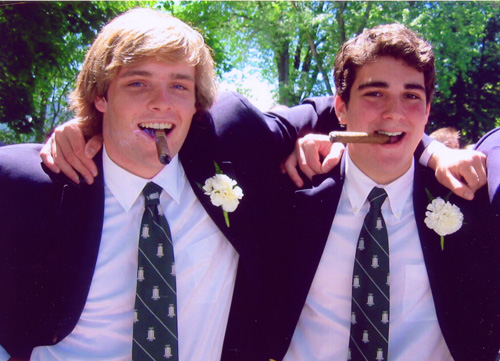
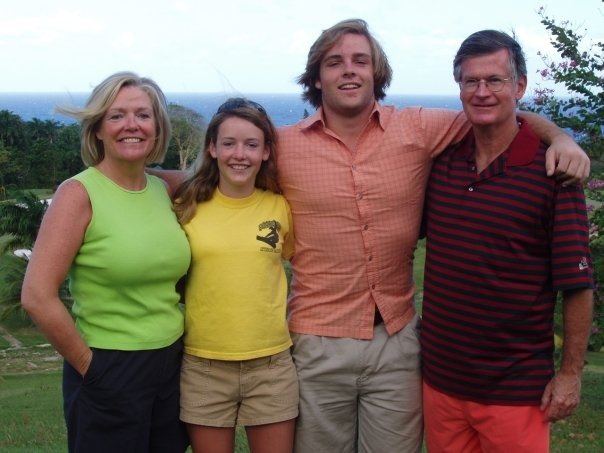
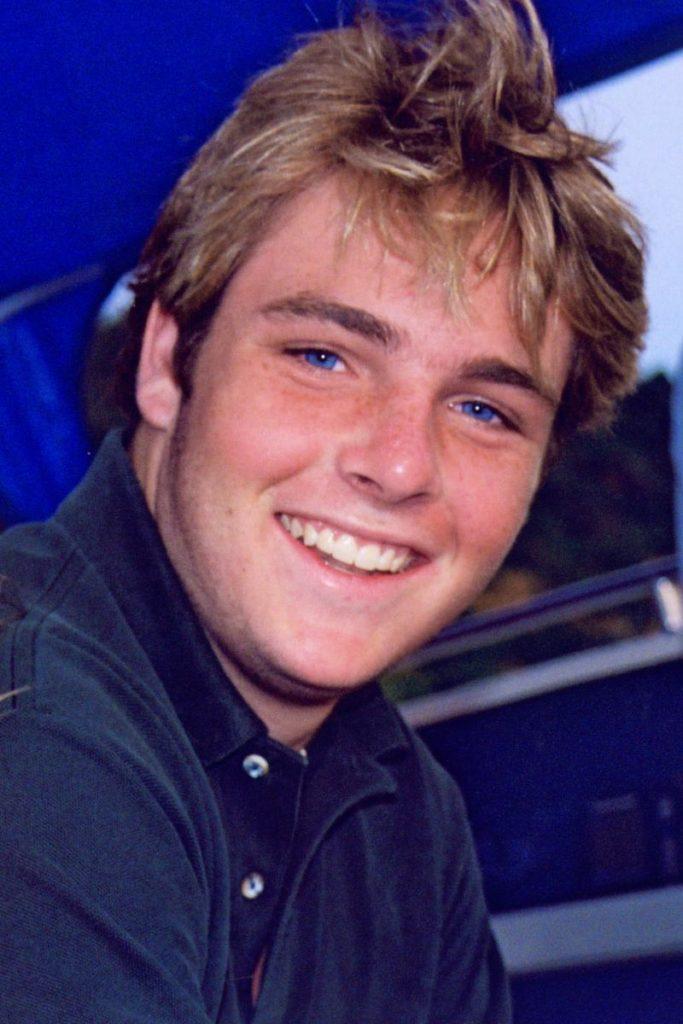

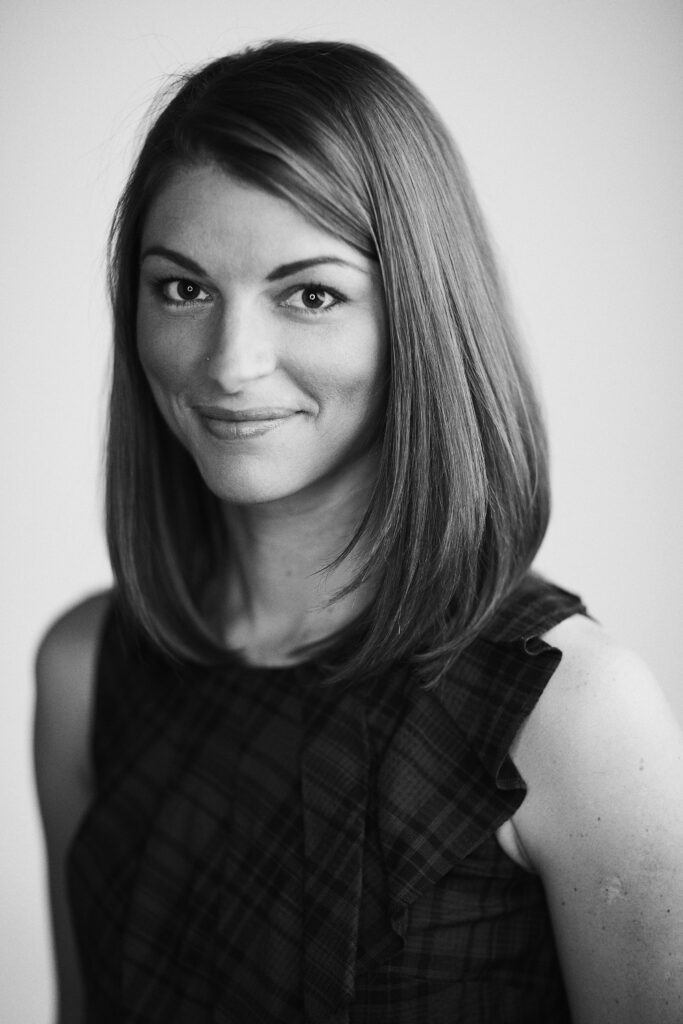
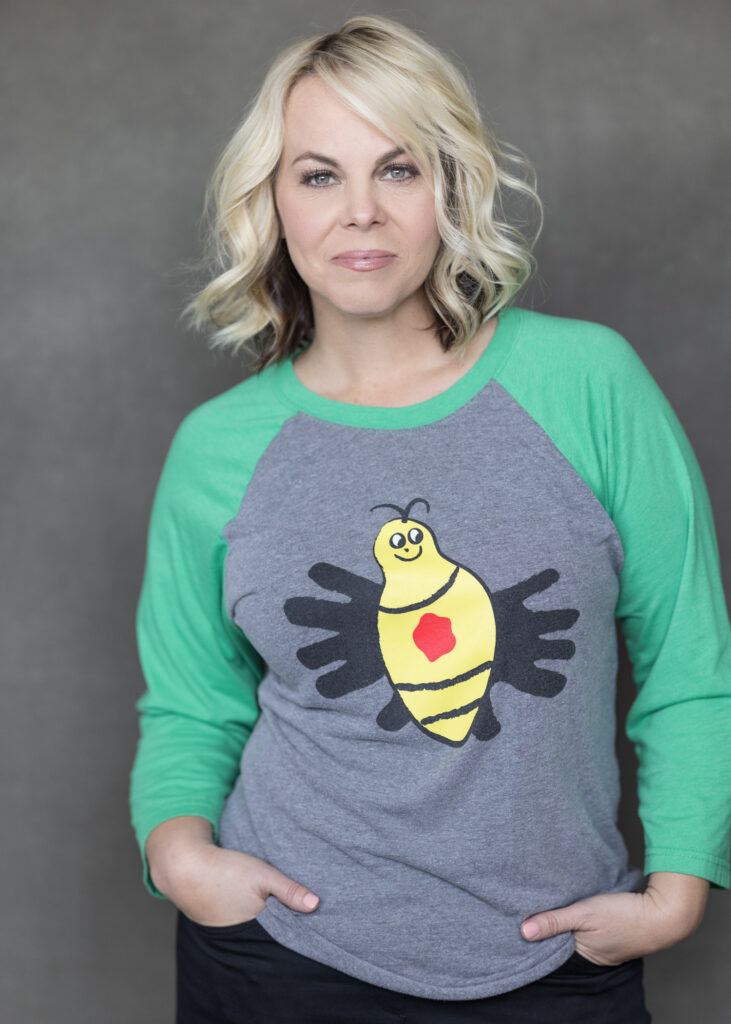
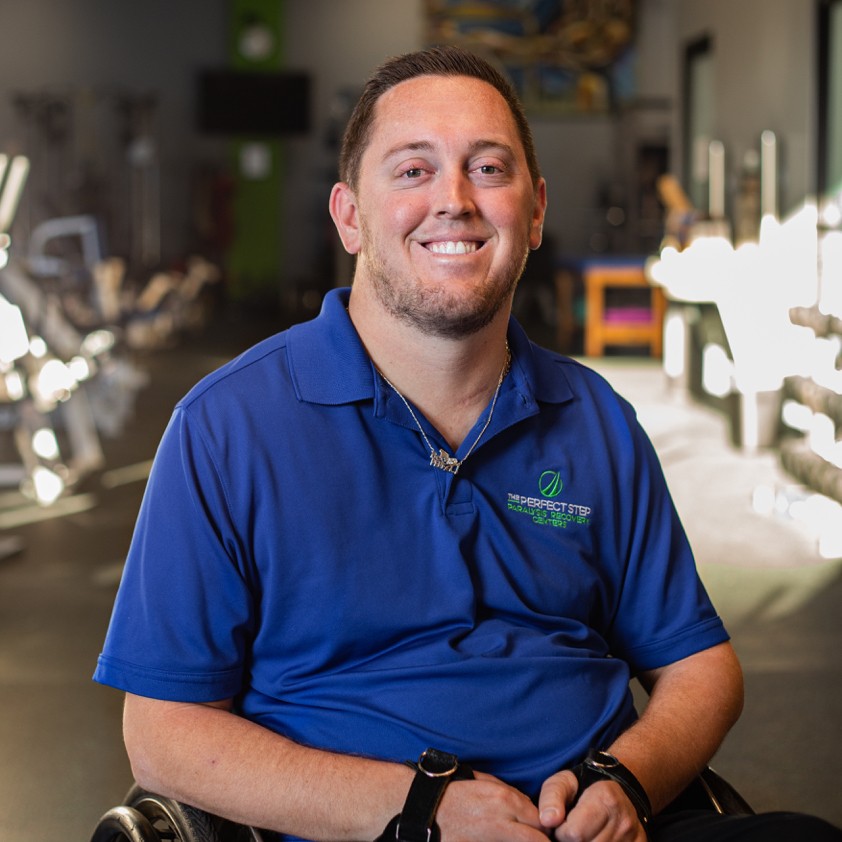
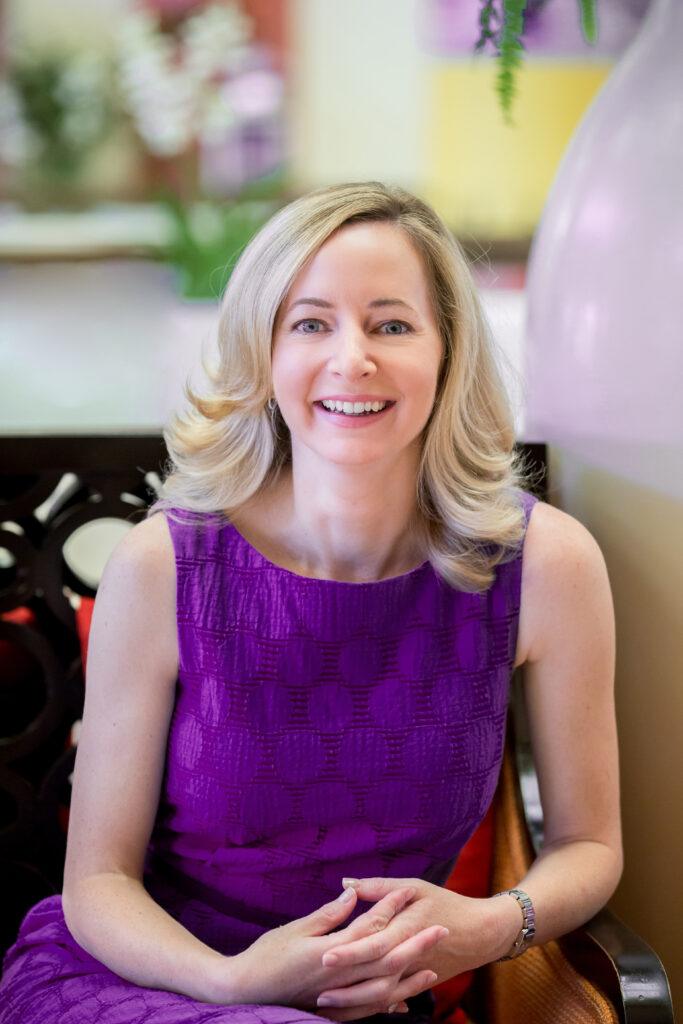
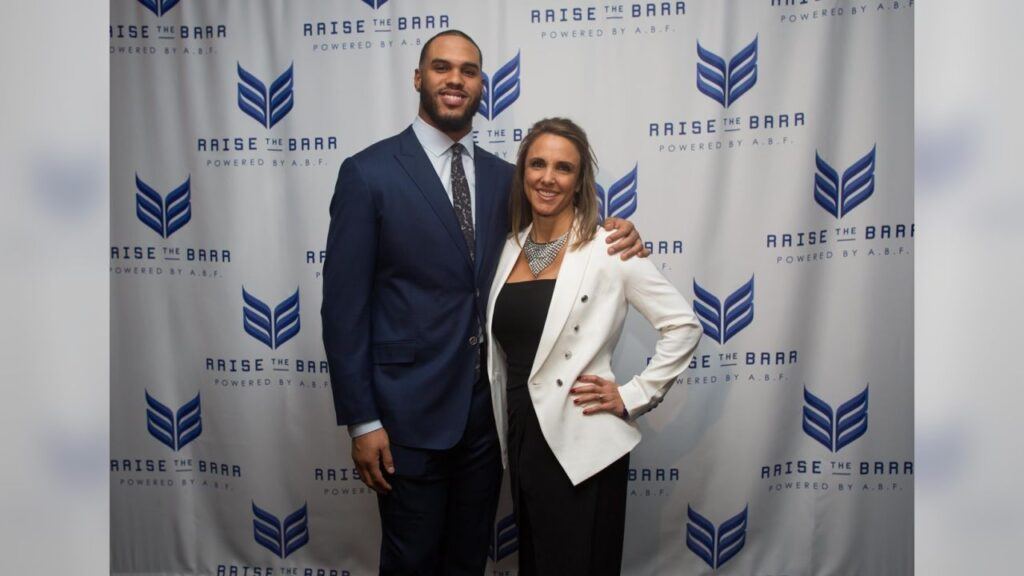
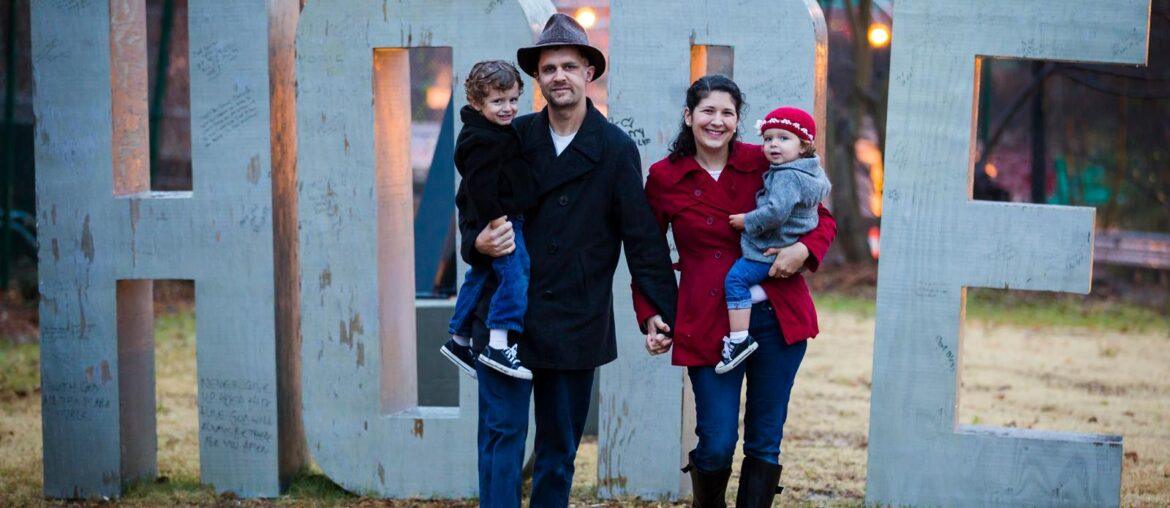
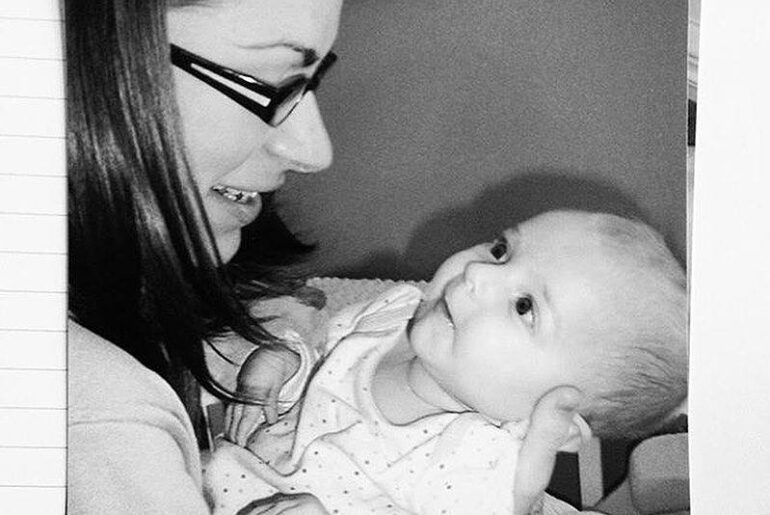
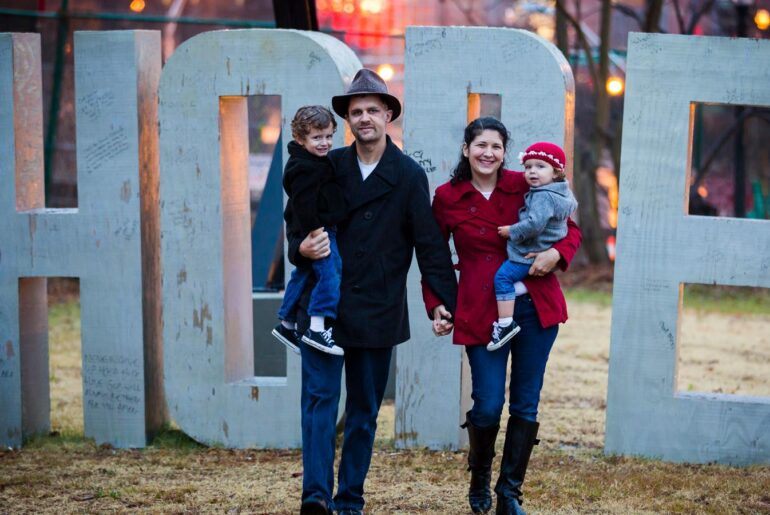
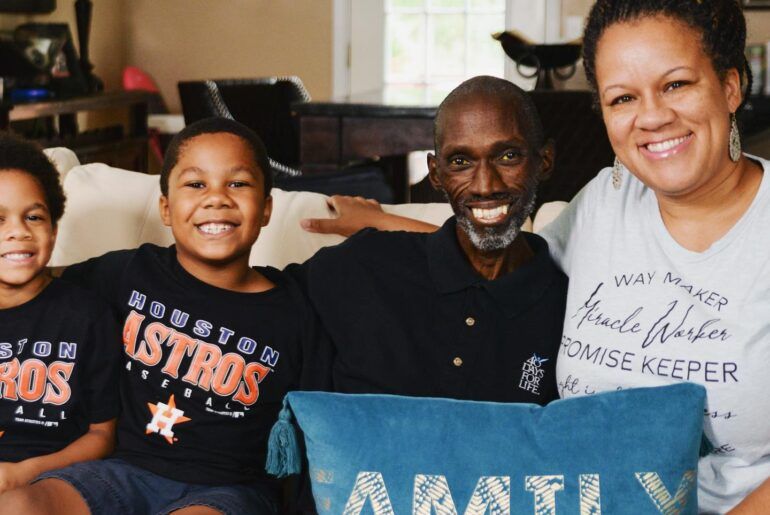
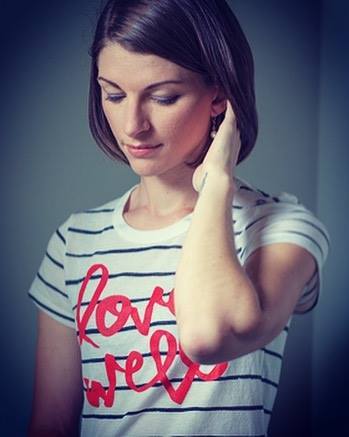







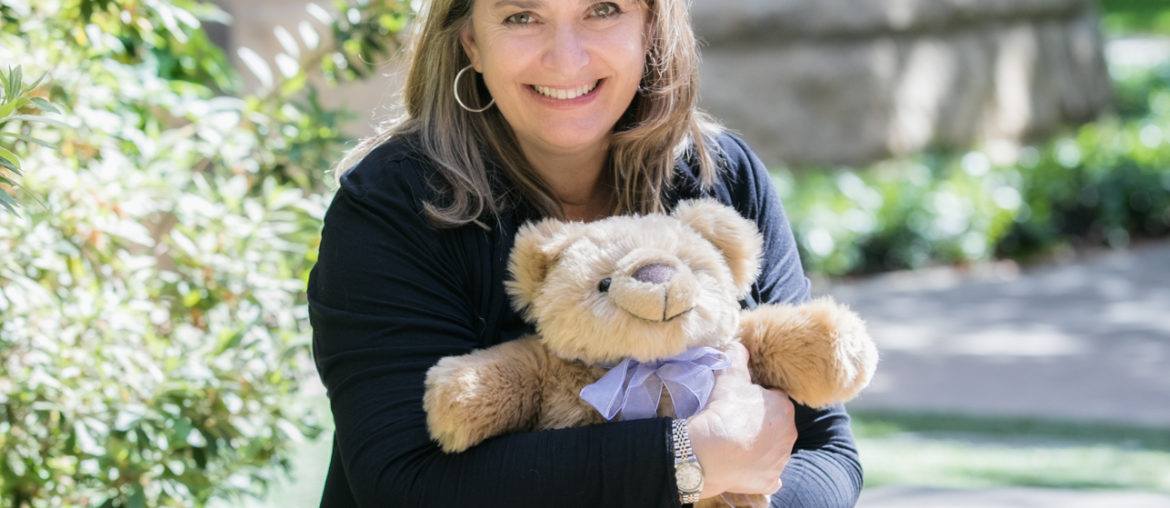
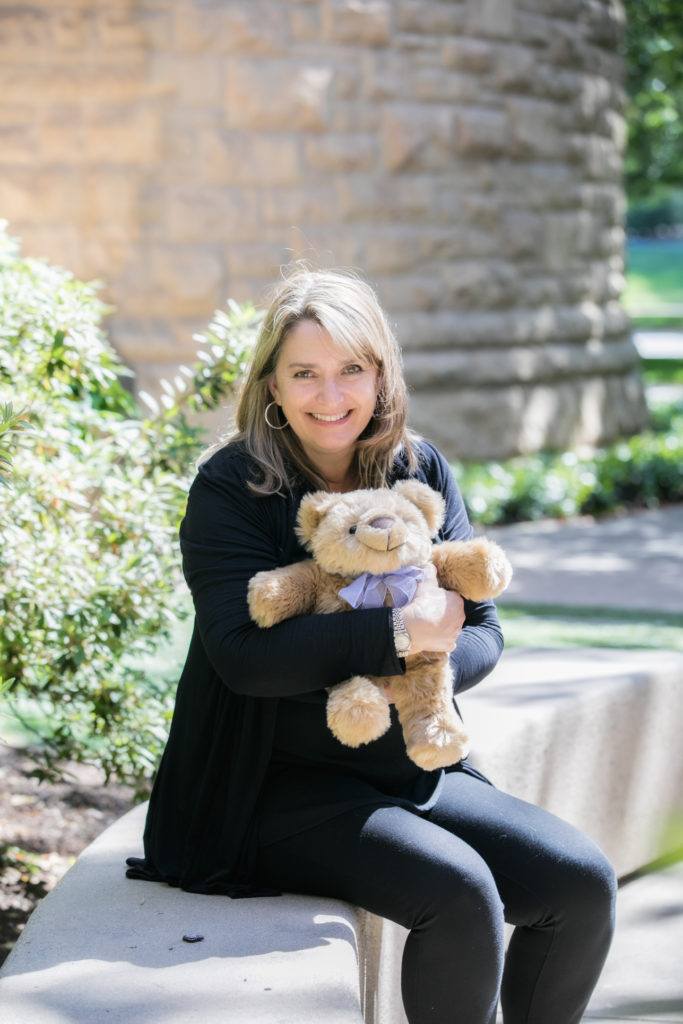
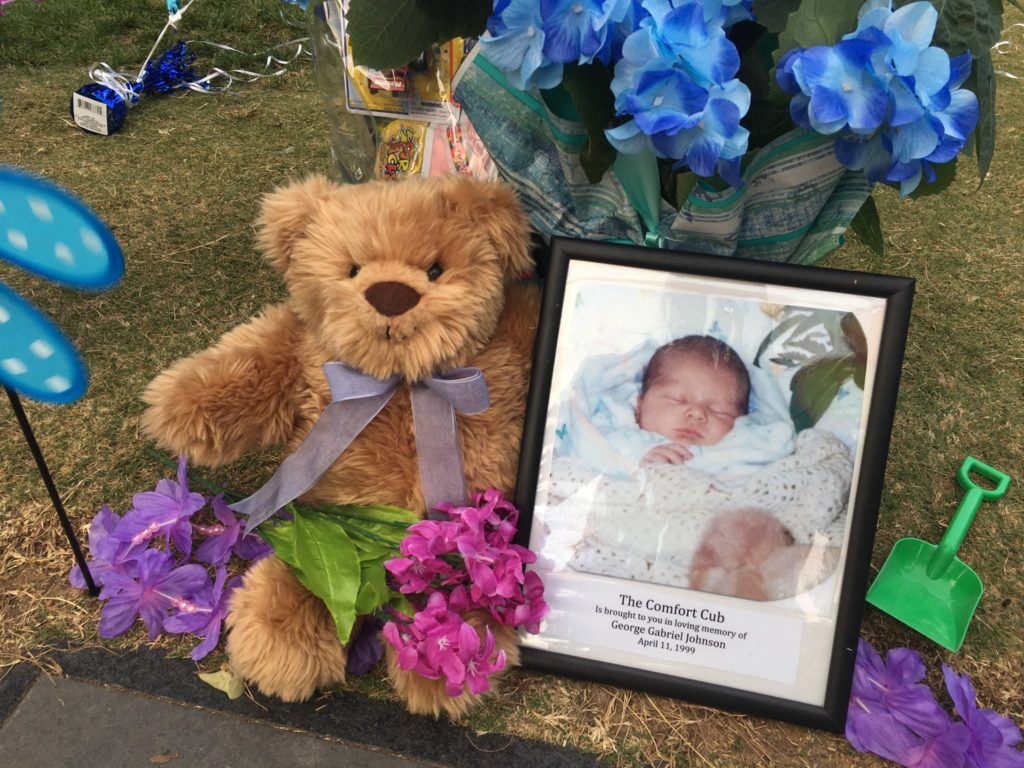
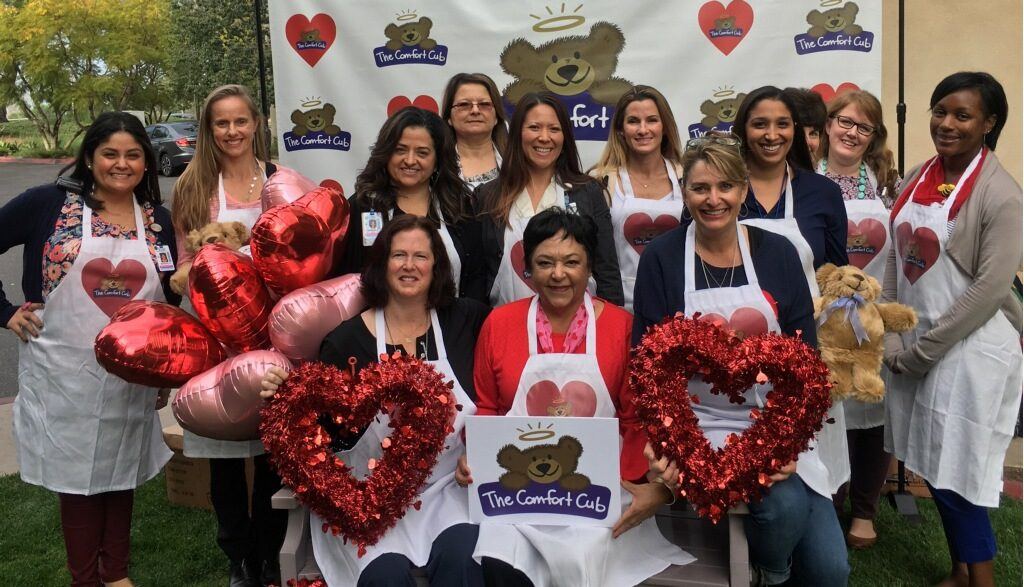
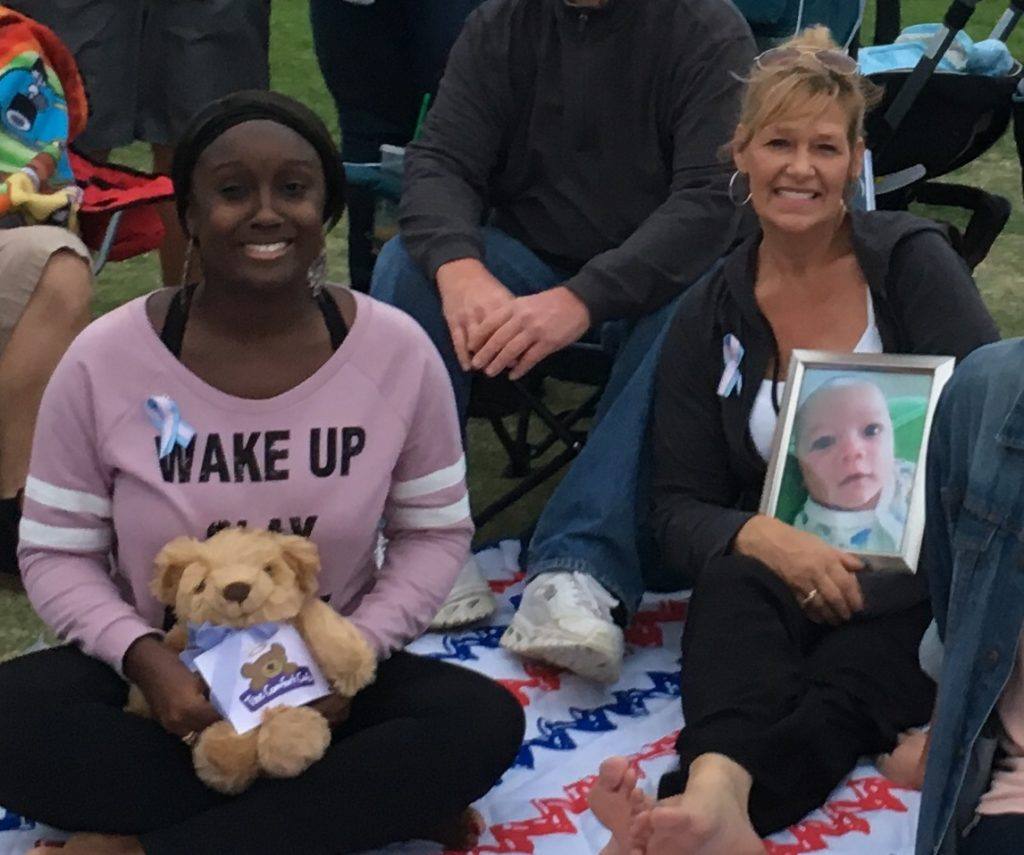
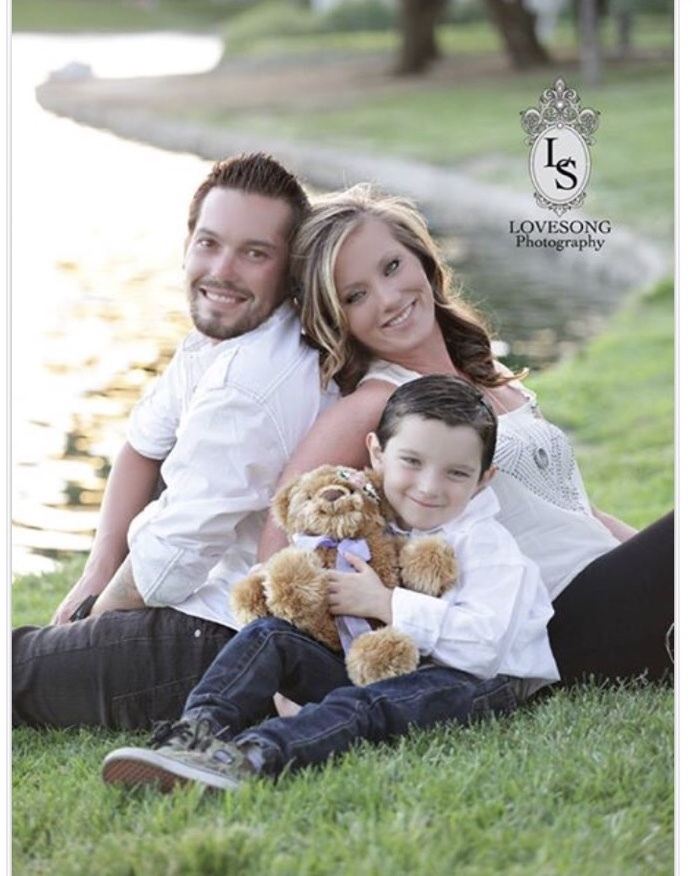
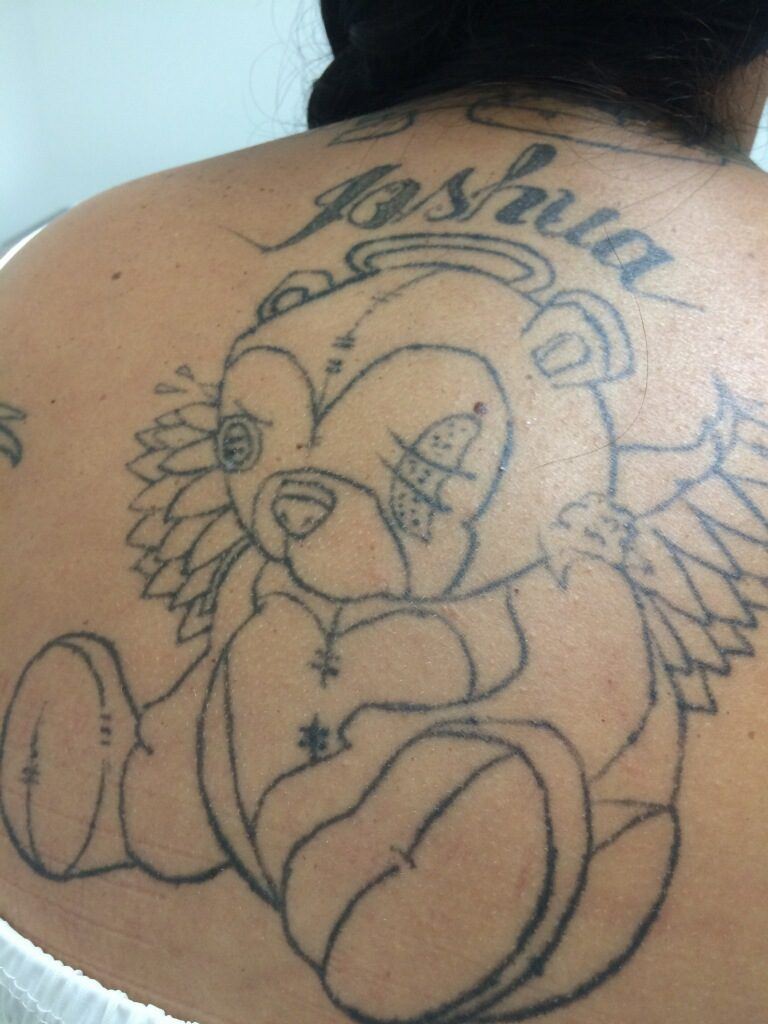
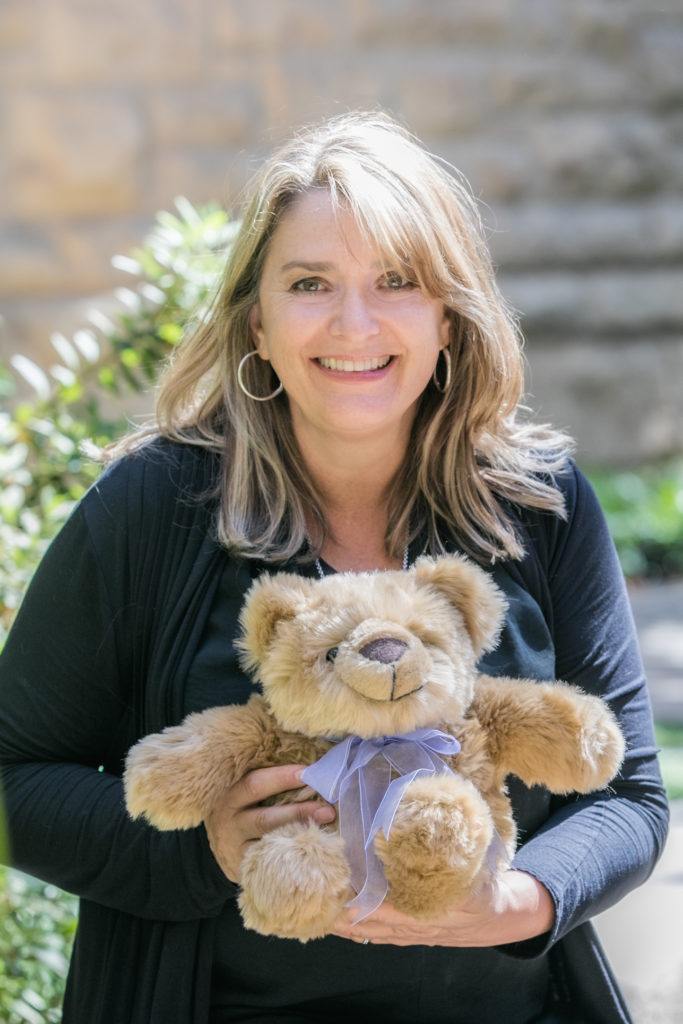
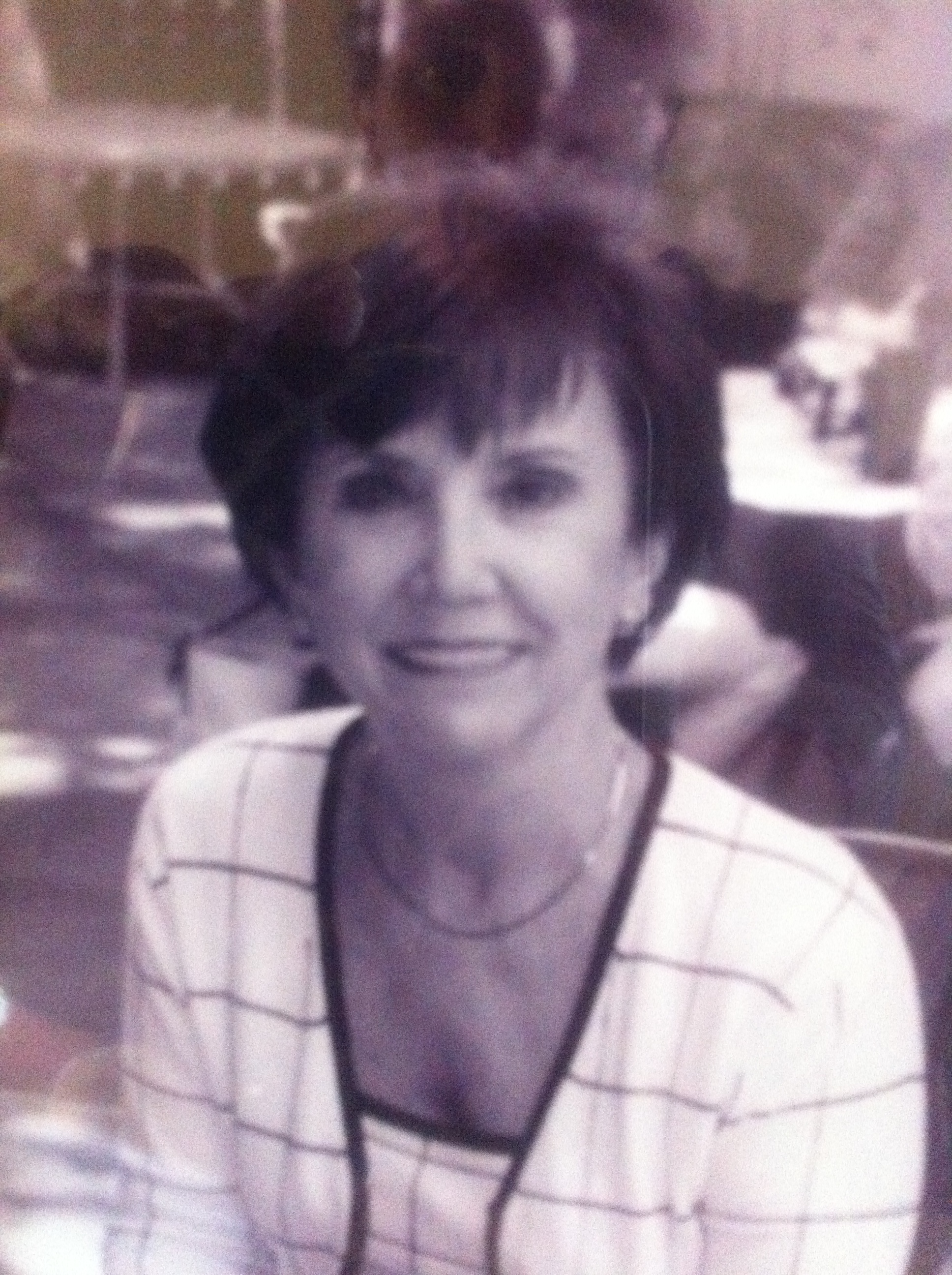
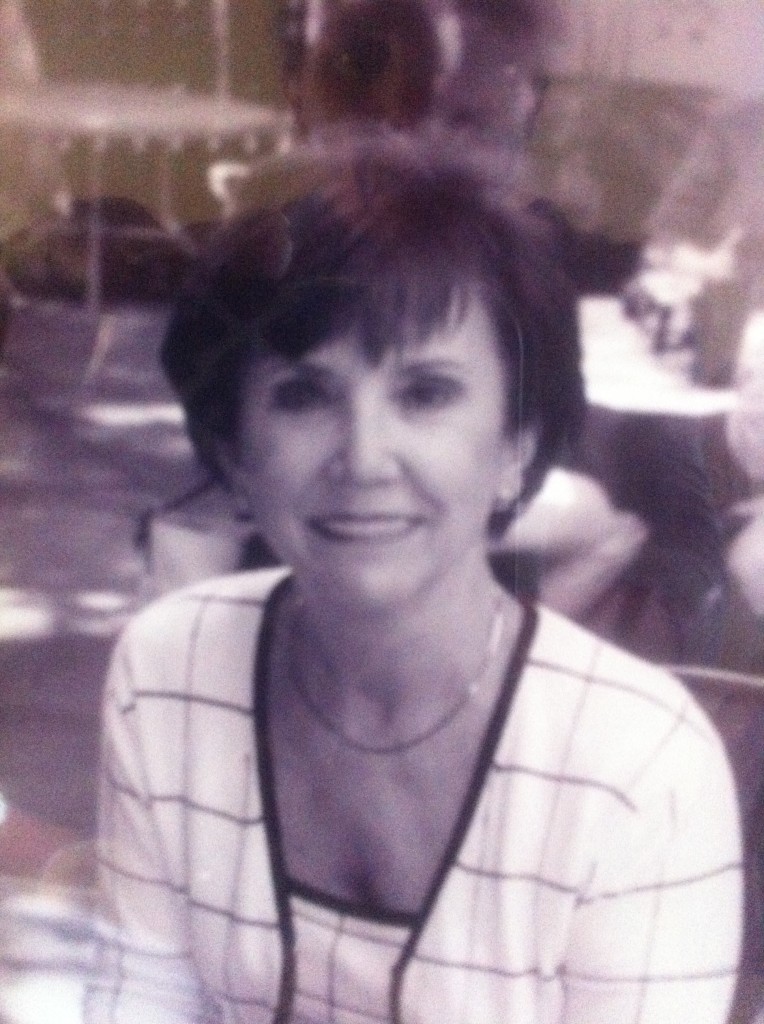
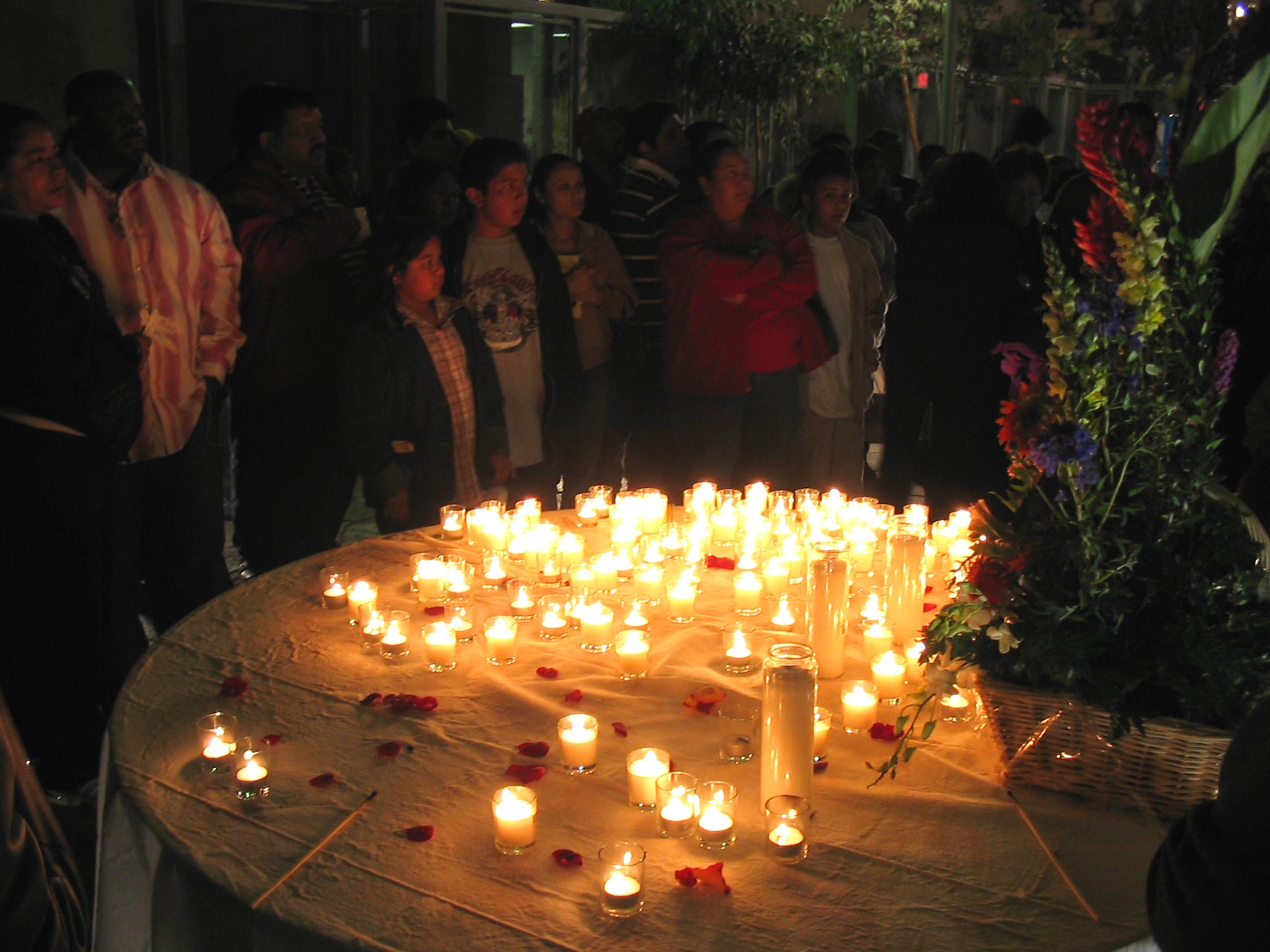
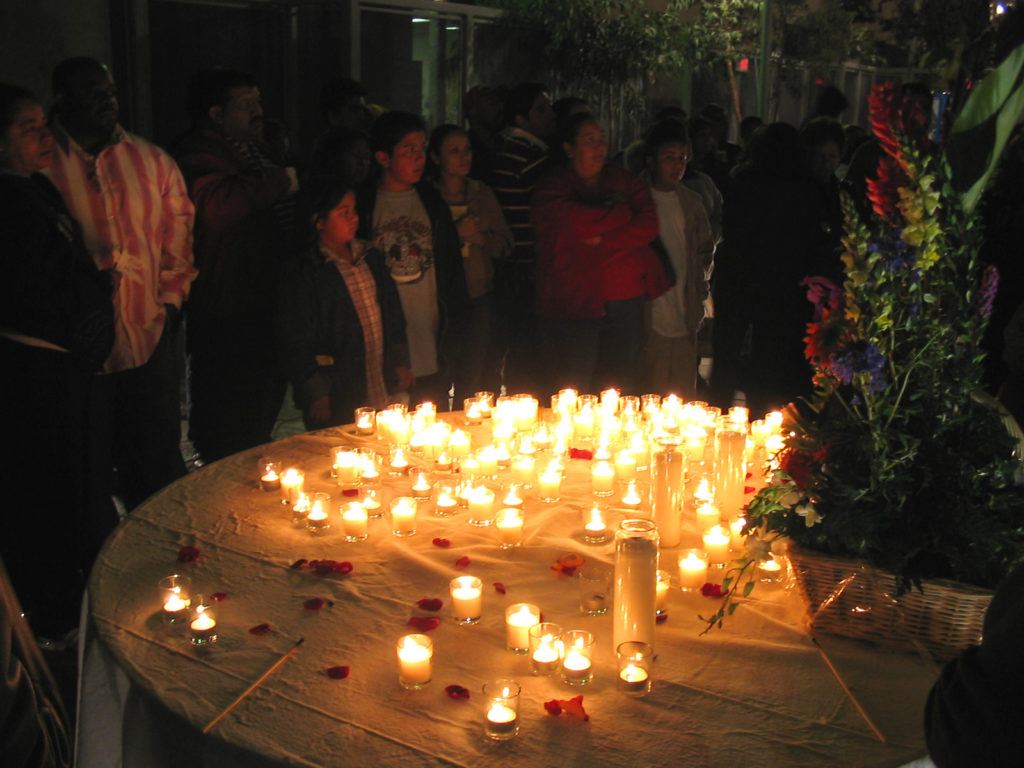


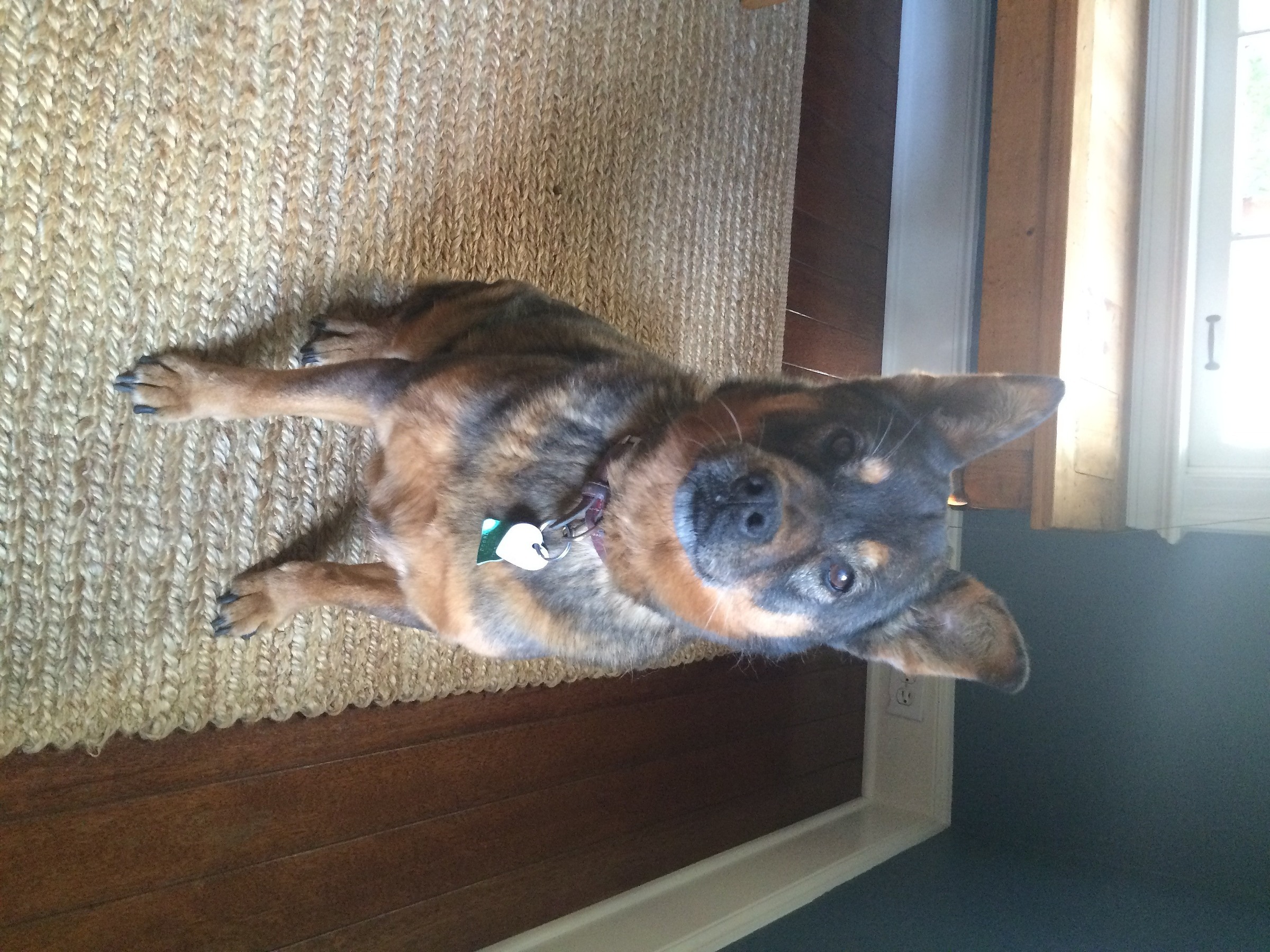
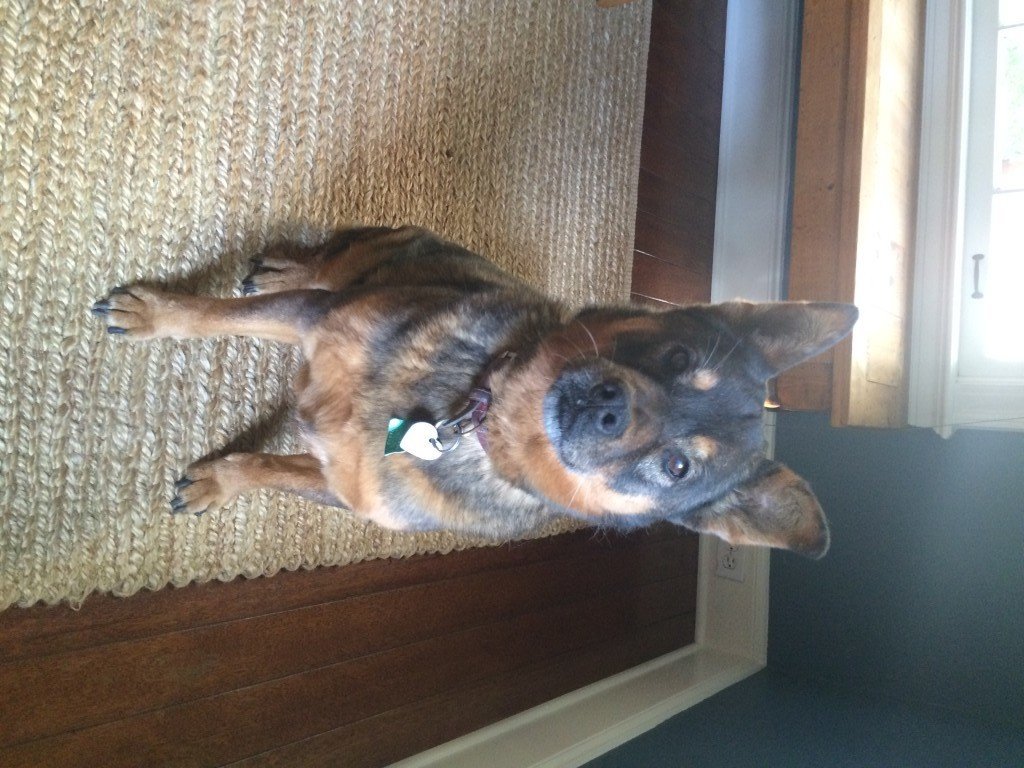

 There are times when there are just not words. One of those times is the loss of a child. There is nothing that can be said that heals the empty place left behind by one you loved so deeply.
There are times when there are just not words. One of those times is the loss of a child. There is nothing that can be said that heals the empty place left behind by one you loved so deeply.